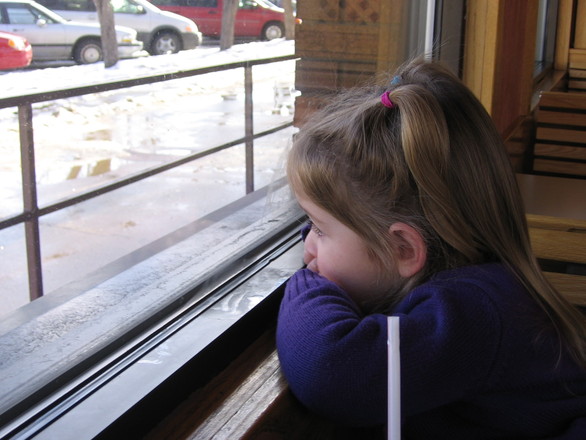Blog

Occupational Therapy Can Help Victims of Childhood Trauma
Occupational therapists use proven clinical strategies to promote physical and mental well-being and health. A child’s “occupations” can include anything from activities of daily living (basic hygiene, getting dressed, eating, etc.) to education – and yes, playing.
For victims of childhood trauma, these functions may not come easily.
According to the American Society for the Positive Care of Children, approximately 1,825 children are abused or neglected in the U.S. every day. In all last year, there were 6.6 million children reportedly abused or neglected in the U.S. – and those are only the instances that were reported to state or local authorities. To us, these are not merely statistics. They are precious individuals who deserve to be surrounded by compassion and support. The proper response to their suffering is not to shy away from it. Rather, it demands action.
Pediatric occupational therapists in Fort Myers can help victims of childhood trauma in a number of important ways, as the American Occupational Therapy Association, Inc. notes.
These children are survivors of sometimes awful events and circumstances, but they should not be defined by those. They deserve not just to survive, but to thrive.
Some of the areas in which occupational therapists can work with children who have been neglected or abused to overcome that trauma include:
- Assistance with social participation. Sometimes children who have suffered trauma grapple with impaired social skills, depression/ anxiety, poor interpersonal boundaries or deficiencies with everyday life activities that can lead to trouble interacting with peers.
- Help with activities of daily living. Some kids who have lived through traumatic experiences may have little motivation to complete daily routines, or they could have trouble with issues like managing hygiene or hoarding food.
- Assistance with education. In some cases, children who have endured trauma may have impaired executive function, difficulty with basic skill sets like handwriting, negative attention seeking or poor attendance/ homework completion.
- Help with play/ leisure. Children who have lived through trauma may be less motivated to engage in play and withdrawn, or they could be overly-aggressive.
Occupational therapists can begin by making routines and activities predictable.
We can also help children regain control and practice appropriate boundaries by giving them choices in structured activities. Constant positive reinforcement is important, as are recommendations of holistic health stress management strategies and outlets. Direct instruction and modeling of these strategies is important, as is educating caregivers, who can help to with positive reinforcement and healthy discipline outside the therapy setting.
Our ultimate goal is to ensure all children reach their maximum potential and are equipped with the skills and resources needed not just to function, but to live a fulfilling life. We recognize that the needs of the children are often multi-faceted, and we are dedicated to using all the tools at our disposal to address them.
Pediatric occupational therapy works best for childhood survivors of trauma, violence or neglect who are also receiving other forms of intervention as well, such as mental health counseling, tutoring and (if necessary) physical therapy.
Focus offers pediatric occupational therapy services in Fort Myers and throughout Southwest Florida. Call (239) 313.5049 or Contact Us online.
Additional Resources:
Occupational Therapy’s Role in Mental Health Promotion, Prevention and Intervention With Children & Youth/ Childhood Trauma, 2015, American Occupational Therapy Association, Inc.
More Blog Entries:
Study: Better Access to Early Intervention Helps Children At-Risk for Autism, April 5, 2017, Fort Myers Speech Therapy Blog

Comments are closed.